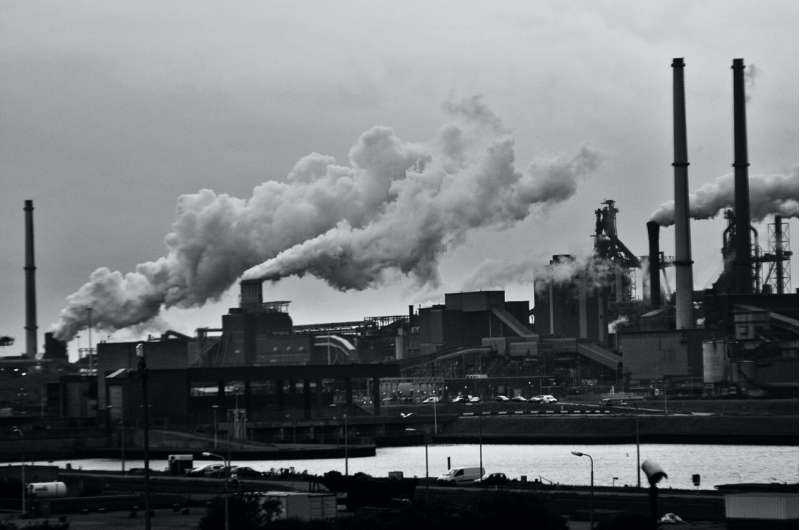Estimating the impact of the EPA's changing power plant greenhouse gas standards

A large team of renewable energy researchers, natural resource analysts and energy specialists affiliated with a large number of institutions across the U.S. has attempted to assess the impact of the latest and final standards set by the U.S. Environmental Protection Agency (EPA) as the Biden Administration winds down and new rules loom with the arrival of the Trump administration.
In their paper in the journal Science, they describe the new standards and how they are likely to be implemented, and their possible impacts over the long term.
Over the past several decades, efforts to convert greenhouse-gas-emitting power plants to those based on renewable resources in the U.S. have played out like a tennis match. When the Republicans win control of the White House, rules are revoked in favor of oil and natural gas. When the Democrats win, the old rules, and sometimes new ones are put in place.
Such rules are generally enforced by the EPA. But, such rules often run into opposition by one party or the other, which places them in the courts when lawsuits are filed, which can often eventually lead to rulings by the Supreme Court. During the Biden administration's tenure, the Supreme Court ruled that regulations regarding power plants can only occur at the individual power plant level, not nationwide, or even state-by-state.
As the researchers of this new study note, current EPA regulations regarding emissions adhere to those of the Biden administration, which means that plants set to retire soon can continue business as usual. Those that plan to keep operating and new ones would have to meet strict standards, which means changing their fuel type or capturing carbon emissions. Natural gas plants will continue to be regulated by how much they operate—the more time they are running, the tougher the emissions standards.
But, as the researchers also note, the Biden administration rules are soon to be replaced by new Trump administration rules, which by most accounts, will mean removing all such regulations on greenhouse emissions, and perhaps adding taxes or penalties to renewable energy deployment efforts.
To try to understand what might occur in the future as the rules constantly change, the research team ran several models that showed how the U.S. will likely meet energy demands in the coming years under various scenarios, including changing emissions regulations. In so doing, they found that without emissions rules in place, total CO2 emissions from the power grid would likely be 60% to 83% lower in 2040 than they were in 2005.
On the other hand, if the rules were to remain intact, the grid was estimated to emit 73% to 86% less CO2 by 2040. The researchers suggest this is because of economics—coal plants are already on their way out, regardless of regulations, and natural gas plants tend to operate less as renewable options become available. Plus, the U.S. has enough oil burning plants to meet demand for the foreseeable future.
In concluding their paper, the researchers acknowledge that things could change in the coming years, perhaps for the worse. If the price of electricity continues to rise, for example, or backers of renewable energy research switch to other sectors, conversion to renewable sources could slow, resulting in dramatically different results.
More information: John Bistline et al, Impacts of EPA's finalized power plant greenhouse gas standards, Science (2025).
Journal information: Science
© 2025 Science X Network


















